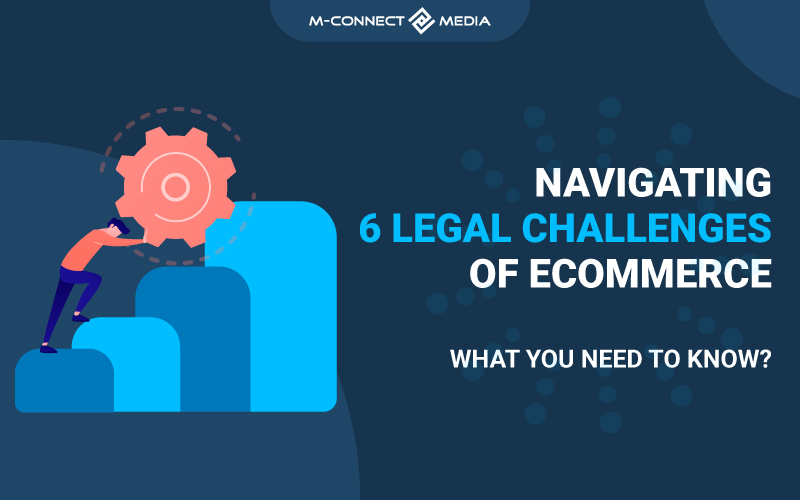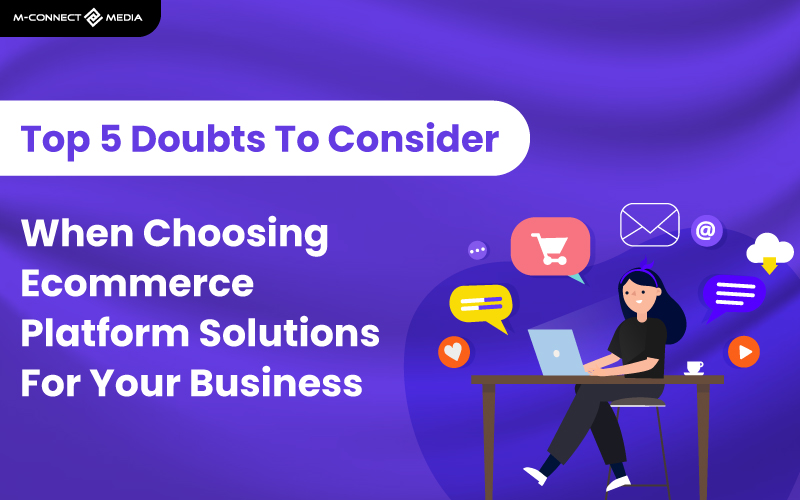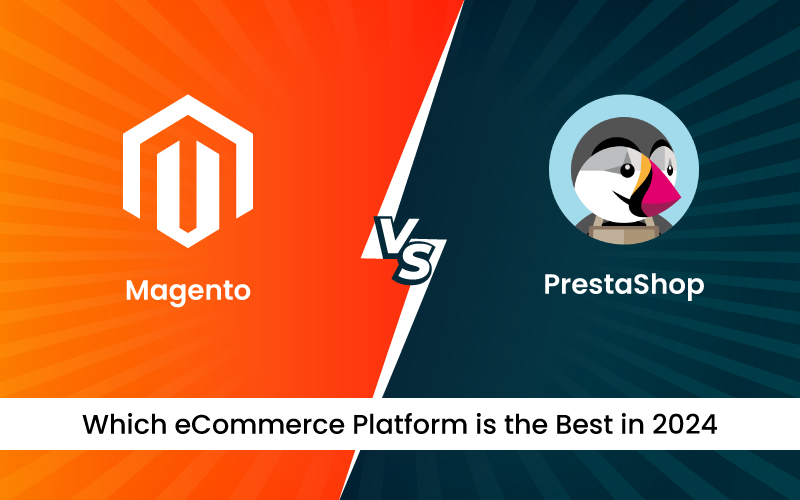Ecommerce, often known as electronic commerce, purchases and sells products and services online. Ecommerce Business is the purchasing and selling of items using an internet platform.
The e-commerce is a relatively young company, and laws and regulations constantly evolve. You must be aware of any potential legal concerns your business may encounter and any government requirements you must follow.
While it is always vital to consult with a lawyer about legal repercussions, there are a few things to remember while pursuing legal challenges as an e-commerce business.
These 6 legal issues can make or kill an e-commerce business. Here’s how to ensure you’re ready to launch your e-commerce business.
Also Read: A Successful eCommerce Website Must Have These Essential Features
6 Legal Challenges which eCommerce Business Face
Every part of an e-commerce business faces challenges. Here’s a look at some of the most common legal concerns and what you can do about them.
Here are 6 of the most common legal Challenges that e-commerce business entrepreneurs confront today.
1. Product Liabilities
When products are bought and sold, liability concerns loom in the background. Product liability is a problematic area of the law. Defective product allegations can have an impact not only on retailers but also on manufacturers and distributors.
Product liability cases are the terrifying things that can happen to a company. It is the legal obligation acquired due to creating or selling defective products.
As a result, it’s critical to have a clear grasp of who is responsible, primarily if you rely on third parties to source or fill orders. Whether you sell products or services, warranties and return policies, including any limits or exclusions, should be clearly stated.
2. Data Protection and Privacy Issues
Data privacy standards are critical legal challenges that many e-commerce businesses confront. All businesses must be aware of how to handle sensitive consumer data.
Because of the frequency of online transactions, it is essential for e-commerce enterprises. Sensitive data that you may encounter with an internet business may include names of customers, addresses, phone numbers, payment information, and even record of customers’ website activities.
Adequately securing privacy and data becomes considerably more challenging when targeting overseas customers. You must also know various restrictions and requirements depending on where your e-commerce business advertises and operates.
3. Unauthorized Resellers Offer Products
While it’s nice to see your products offered on other platforms, unlicensed resellers may undercut your sales by offering lower prices. It causes authorized resellers to withdraw from selling products, adversely impacting your brand’s overall reputation.
Unauthorized resellers cannot sell legally resale items that differ from your original product since it constitutes copyright infringement. Even so, having your trademark registered is always a good idea.
If you discover an unlicensed reseller selling your goods, test-buy it from them, and if they infringe on your trademark, write a cease-and-desist letter and file a claim only if the reseller does not reply or resist.
4. Infringement against Intellectual Property
Intellectual property (IP) concerns are legal challenges you may encounter with your e-commerce business. Businesses can sue you for hundreds or even millions of dollars in damages if you utilize intellectual property without permission.
It is now easier than ever to inadvertently infringe on someone else’s intellectual property, so take as many precautions as possible. Even if you cite the source of the copyrighted work, the owner of that intellectual property may still sue you.
Various strategies are available to aid in preventing intellectual property infringement. Then, create your visuals for any adverts or postings. Lastly, consult an attorney to ensure you are not infringing on someone else’s intellectual property.
5. Sales Tax
E-commerce businesses may be liable to sales taxes in other states. The states can force online merchants to pay sales tax even if they don’t have a physical presence in-state, as long as there is a significant economic link.
High taxes in some countries are a prevalent challenge for e-commerce start-ups. The primary issue that start-ups confront in the e-commerce sector taxes, which is also why individuals hesitate to launch a new business.
Consult a tax law specialist, and they will be able to assist you in grasping particular cases that may affect your goods and how you should charge sales tax. You must collect and compute the sales tax to avoid losing profit and causing stress during tax season.
6. Contractual Obligations
Considerations about contractual agreements are a significant legal difficulty for your business. E-commerce businesses typically enter various contractual arrangements with their consumers, payment systems, suppliers, staff, and website providers.
Establishing excellent contracts, like with any business, is critical for protecting your interests and preventing costly legal conflicts. As a result, having a thorough awareness of your contractual duties will assist you in avoiding legal disputes.
Also Read: What to Look in Choosing Leading eCommerce Partner for Your Business?
What are the e-commerce Business Legal obligations?
To run a successful e-commerce business, you must understand your legal requirements in each area. E-commerce owners may be subject to several restrictions, which must be followed.
Taxes, payment security, intellectual property, shipping limits, inventory, age restrictions, company insurance, licenses and permits, Payment Card Industry (PCI) compliance, and consumer privacy are among the requirements outlined by eCommerce.
The Final Word
Ecommerce refers to selling or purchasing products and services over the internet. A company’s items are sold on the internet in an ecommerce business. Yet, doing business online does not exempt you from legal obligations.
Ecommerce business model is becoming a more common method to do business. If you operate an internet business, you should know the legal risks you may face.
Businesses may overcome legal challenges and create effective e-commerce websites that generate growth and success by collaborating with our team. If you need help grasp legal rights and duties as an e-commerce business, our subscription includes access to professional e-commerce lawyers.












